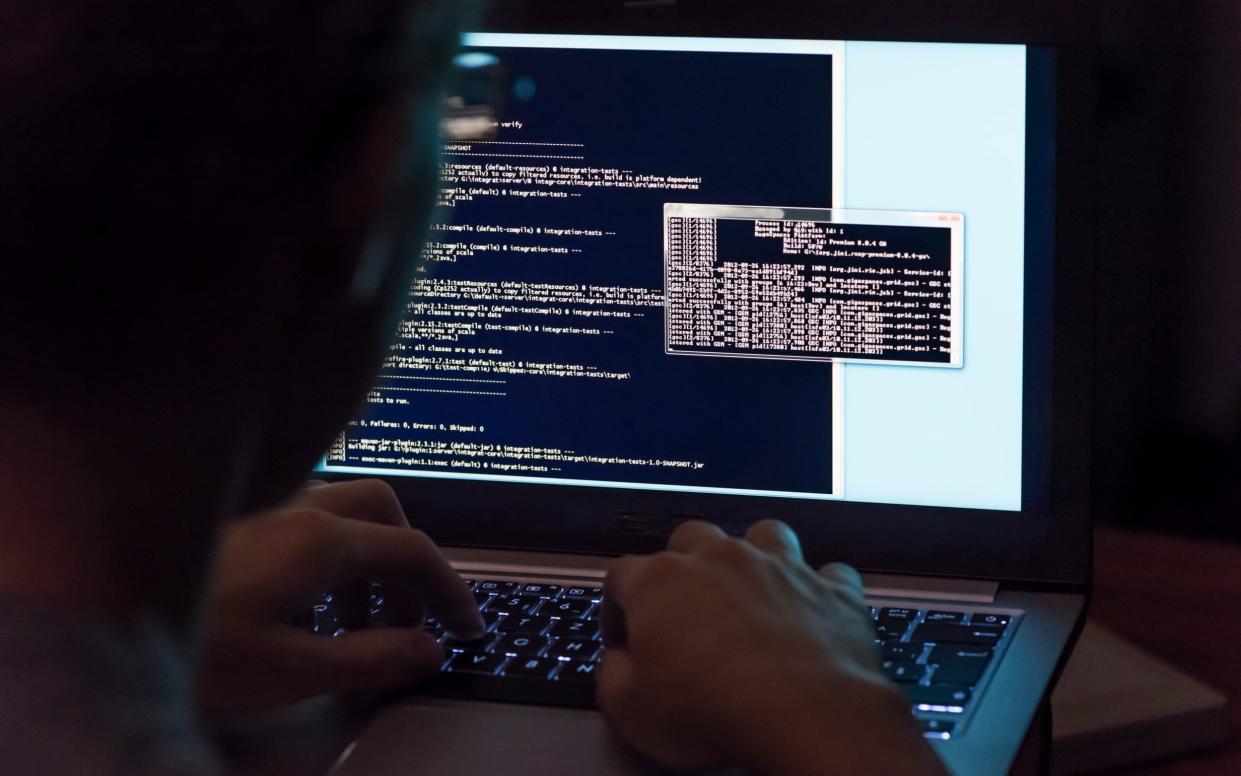UK cracks down on quantum exports after China hacks Western IT systems

- Oops!Something went wrong.Please try again later.
Britain is cracking down on quantum computing exports to China and other hostile nations amid new economic security fears.
Oliver Dowden, the Deputy Prime Minister, is launching a new review of exports and of overseas investments made by British companies in an effort to prevent “capital from the UK being invested in another country where we believe it will enhance, for example, military end-use capabilities”.
Businesses dealing in cryogenic equipment, which is used in quantum computing, will face more scrutiny, as will deals involving semiconductors, critical minerals and artificial intelligence.
Exports and investments face extra checks under national security rules if the technology involved could “have a dual use and [could] be advantageous to foreign intelligence agencies”.
“Cryogenics – the ability to reduce temperatures to near kelvin zero – is something that 10 years ago was purely for research purposes, but with the advent of quantum computing is a key part of that,” Mr Dowden said.
“If we are innovating at the very cutting edge of that, we need to be mindful that if we allow that to be exported without controls to adversaries, that could lead to an uplift in their capabilities.
“In a way, it is no difference to if we had designed some very advanced weapon 40 or 50 years ago, we would not allow that to be freely exported to our adversaries – this is just the reality of where the technology is taking us.”
Quantum computing is particularly significant because of fears the advanced technology could effectively allow hackers to bypass much security on Western IT systems.
Last year a Chinese hacking group was found to have compromised the email accounts of hundreds of US officials, including the commerce secretary and the American ambassador to China, via an attack on their corporate Microsoft account.
One possibility is that a quantum supercomputer could have enabled the raid.

Consultations on the new definitions of sensitive technologies will begin in the coming weeks, Mr Dowden will say in a speech at Chatham House on Thursday.
It marks the latest crackdown after an about-turn for British trade policy.
Nine years ago David Cameron, then the prime minister and now the Foreign Secretary, hailed “a truly golden year for Britain and China” as economic ties bound the countries more closely together.
Since then fears have grown over Beijing’s treatment of trading partners, using its economic clout for military and political leverage.
“You just have to look on the economic security front, for example the way economic coercion has been used by China recently in relation to Lithuania,” Mr Dowden said, referring to China’s move to impede exports to the Baltic state in retaliation for Vilnius’s decision to allow Taiwan to open a de facto embassy.
“Five or 10 years ago we had not seen quite the same scale of Chinese aggression in the South China Sea or its disregard for freedoms in Hong Kong through the imposition of the national security legislation. Sadly at the moment it is going in one direction, and we are in a state of cyber and economic contestation with an increasing range of state and non-state actors.”
Previous steps to reduce China’s influence include Britain’s ban on the use of Huawei’s equipment in the 5G mobile network.
